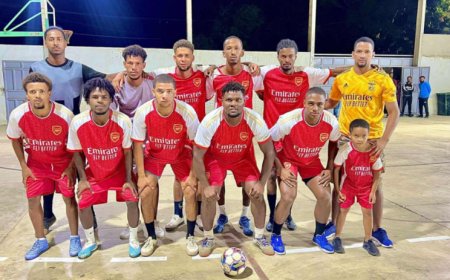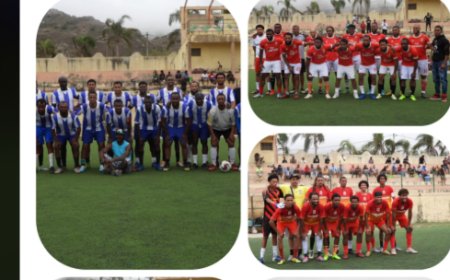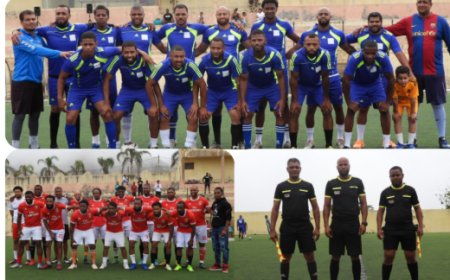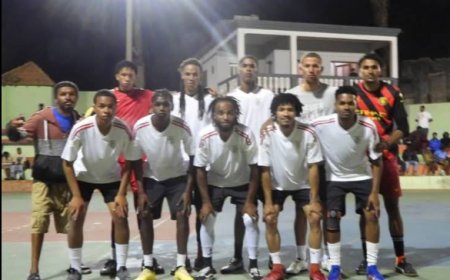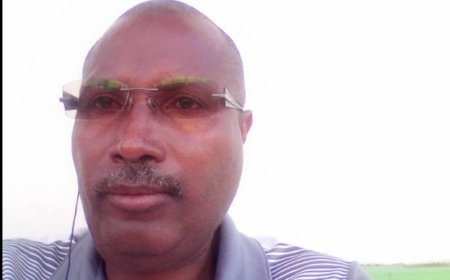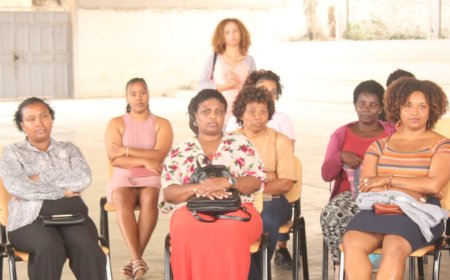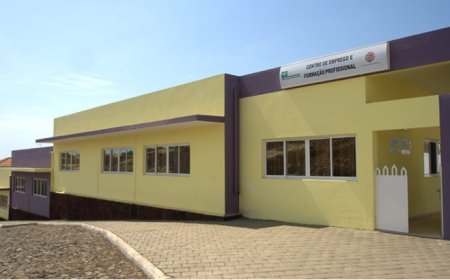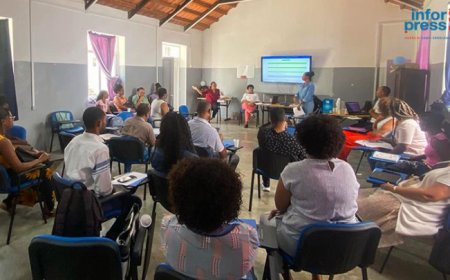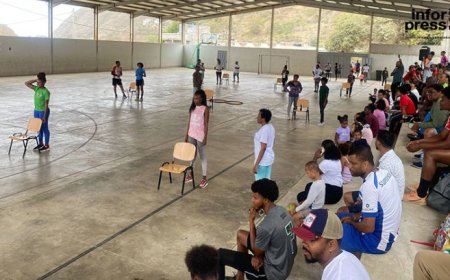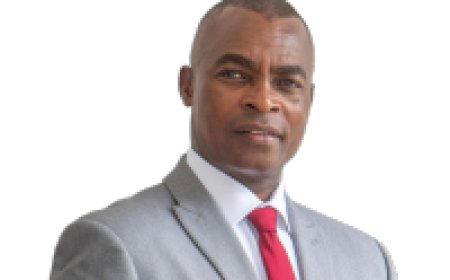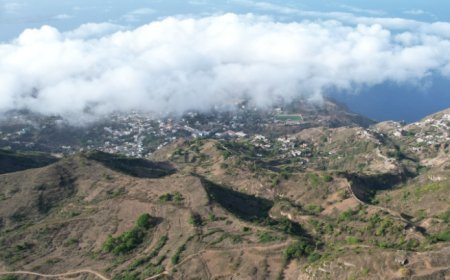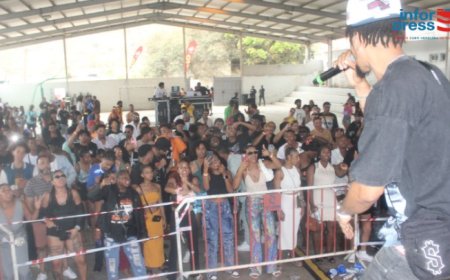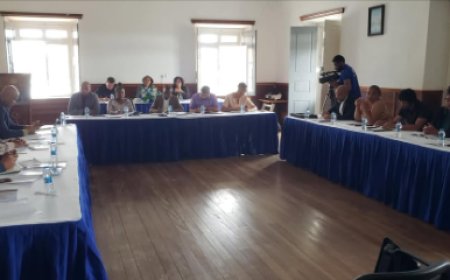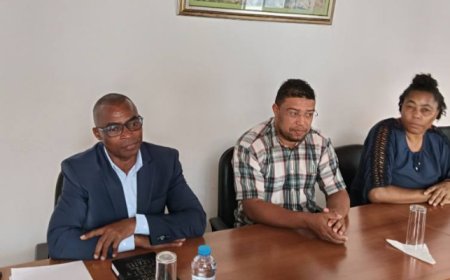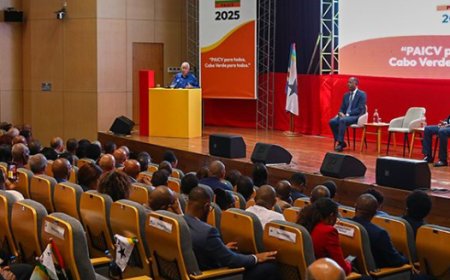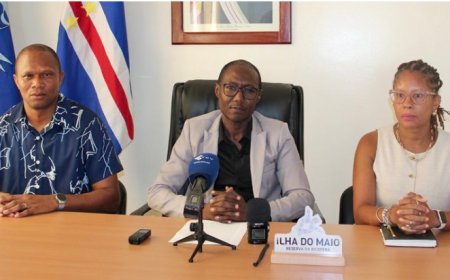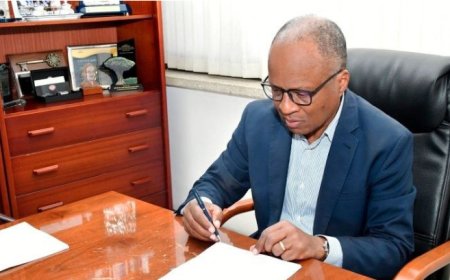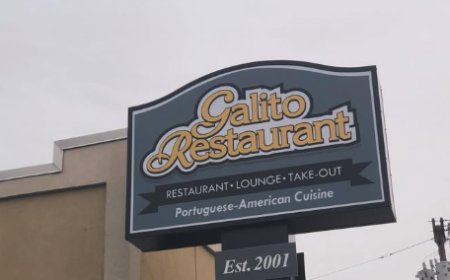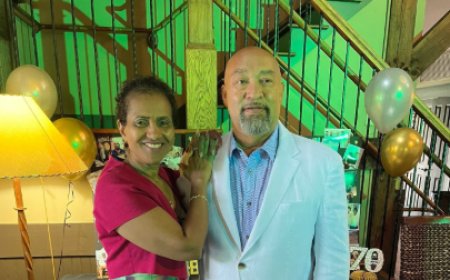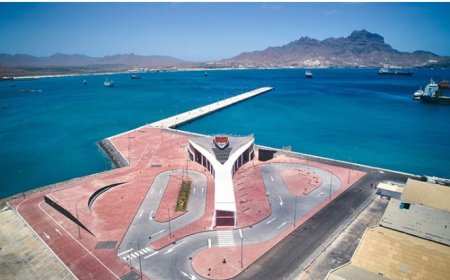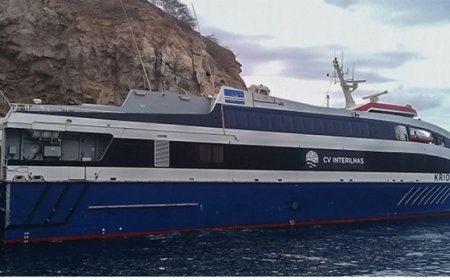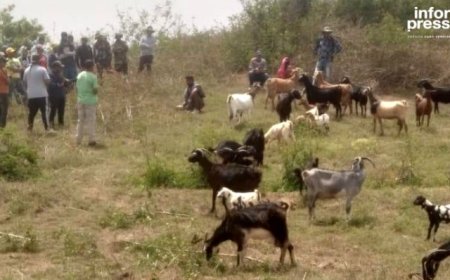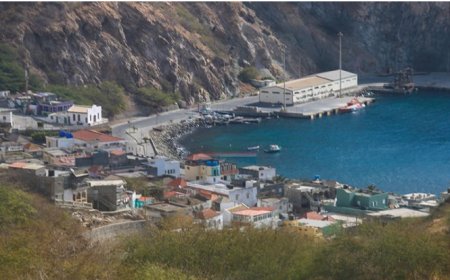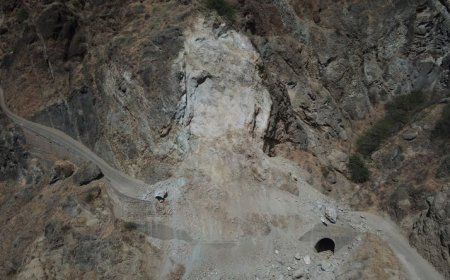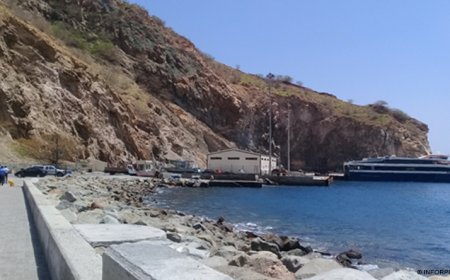My vision - Brava an island in the future?
After five years away from the motherland, in a quick one-week visit, I was able to explore most of the locations, I spoke with dozens of people, authorities, emigrants, ordinary citizens, young people, the elderly and children, and the discouragement is great, the conformism also.
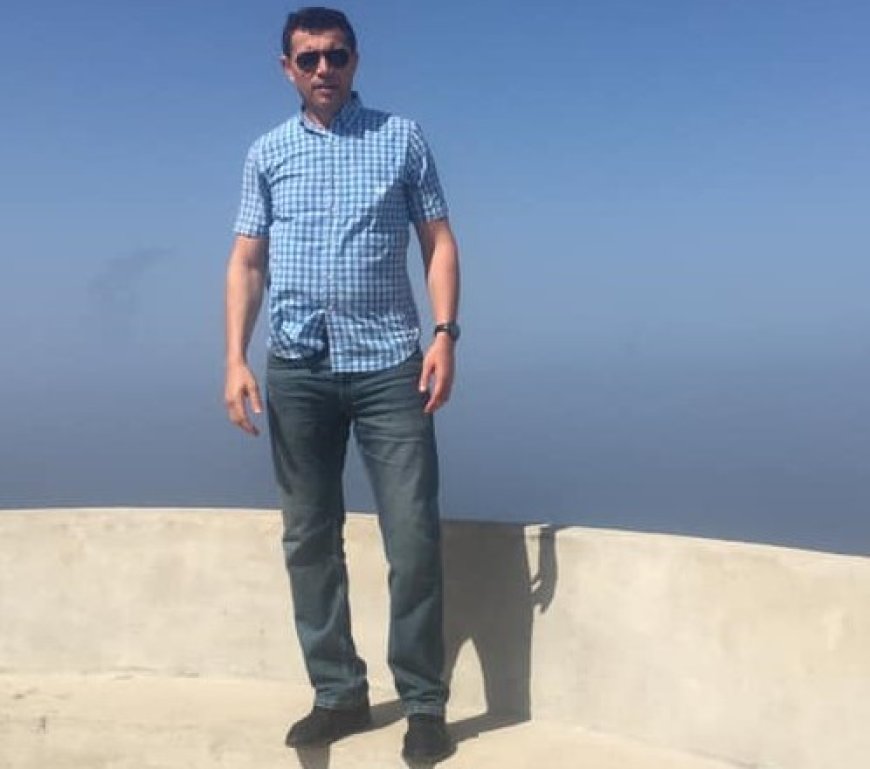
After five years away from the motherland, in a quick one-week visit, I was able to explore most of the locations, I spoke with dozens of people, authorities, emigrants, ordinary citizens, young people, the elderly and children, and the discouragement is great, the conformism also.
Brava Island is on the radar of travelers tuned in for its spectacular landscapes. Beautiful mountains, deep valleys and nestled villages form the characteristic scenery of the island.
Many Cape Verdeans do not know Brava Island and, even those who have heard of this island, few know of its potential, the morality of its people, the warm weather, the unique climate, its cuisine, beautiful girls and breathtaking landscape. breathing.
Emigrants or their descendants rarely or never visit the island, for numerous reasons.
The island of Brava is of volcanic origin, located in the Atlantic Ocean south of the Cape Verde archipelago, more or less at the same latitude as Senegal and 500 kilometers from this African country.

But with all its natural beauty, unique climate, unique peace and tranquility, what is the cause of the galloping decline in its population and discouragement of residents?
Why does the National Institute of Statistics estimate that in 2030 the island will have less than 3000 people?
Will Brava be an island in the long run?
Transport, water, unemployment, isolation, persistent drought, disinvestment, government centrality policy, lack of leadership, are the constraints repeated many times by businessmen and the population in general.
Entrepreneurs risk huge sums, emigrants return, residents invest life savings in the hope that things will improve over the years.
Politicians with a magnified magnifying glass understand that things are already much better. But how? If in the 90s we had flights three times a week and ships with the same frequency. We had post office services in Nossa Senhora do Monte, banks in that parish, a municipal agency, etc…… if at this moment we are thinking of retreading the Via Nova Sintra/Nossa Senhora do Monte, when in 2012/2013 the paved road Furna was inaugurated /New Sintra…. What improved?????
There are those who remain optimistic and there are those who think about giving up. But the unanimity is that Brava is one of the most complicated islands to live, be an entrepreneur and even spend a short vacation.
Hotels Cruz Grande, Djabraba Eco Lounge, Nova Sintra, Projecto Noz Raiz, etc, restaurants, commerce and several other investments, employ dozens of people full time, but always face constraints, the main one being the lack of regular and safe transport, I repeat, regular transport, adapted to the climate reality of the island, and that supports the constant variation of the state of the sea.
Many say that the transportation system has improved. Has the frequency improved? We believe so. Improved punctuality, attendance and regularity... doubts arise.
A regular transport system that provides guarantees, especially for foreigners, tourists, emigrants, because normally they make scheduled round trips, and when there is no return program, they cancel everything, it will always be everyone's desire.
A discouraged population, an island that produces less than 15% of what it consumes and the majority willing to emigrate, migrate or leave the island, each one explaining their reasons.
Farmers who complain about the lack of water and the exorbitant price of the precious liquid.
Fishermen who complain about lack of credit for the sector, lack of means of production and problems of disposal.
Merchants who are afflicted with the infrequency of the boat and the bad cargo transport system.
Students who are unable to envision a future on the island, where unemployment is rampant and there is no significant private investment.
What to expect? What does the future hold for us?
In this lush landscape, full of mountains and valleys, there is a varied, impressive and dazzling ecosystem, but what does the island have in store? Are there long-term plans to settle the population, betting on industrial fishing, deep investment in agriculture, thinking about desalination of water and its transport to the highest points? What to do with our cheese, our “aloe vera” (aloe vera), sisal and parsley? And the great propensity for fruit production? Or did the name Laranjeira come by chance? Papaya, banana and passion fruit…..

Giving voice to people, in mild, depoliticized and simple conversations, fishermen say they feel “abandoned to the mercy of fate”. When it comes to support for fishermen, in fact, this is a claim of the "men of the sea" not only from Lomba, but from Furna and Fajã D´Água, they consider a class "forgotten" by the Government, because they have no support and almost they are never called to participate in training or meetings as it happens in other fishing locations.
“In Brava, fishermen live off what they catch, they acquire materials with the little they earn, because if they were to depend on the Government in terms of support, we would all be standing there with our hands crossed, seeing our families going through difficulties”, vented a group of fishermen. by Lomba Tantum.
Young people, on the other hand, “cry out” for improvements in telecommunications networks, an antenna that allows them to have access to public television and radio and at least one sports board that benefits this community, because, as they point out, “here in Lomba we stay on our backs in loin, because there is nothing we can do to distract ourselves”, considered a young man who did not want to be identified.
However, other young people from Vila de Nova Sintra, some identified themselves, others not really, as they claimed, for fear of being “harmed”.
An island that contributes 1% to the national GDP will have little more than what it already has from the Government.
What to expect from this island in 30, 40 and 50 years?
Please note that this is just “my view”.
Moses Santiago






